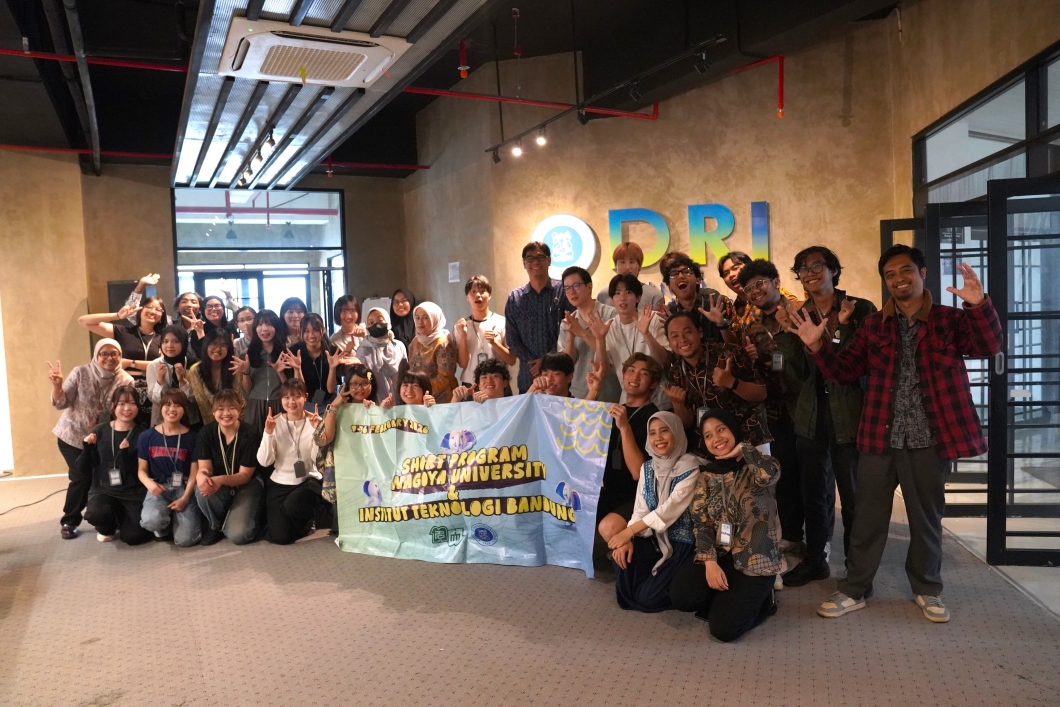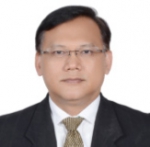WINDS: Indonesian-made Satellite Technology
By Muhammad Fikri
Editor Muhammad Fikri

BANDUNG, itb.ac.id - The rapid advancement of satellite technology has pushed the boundaries of telecommunication technology further in the 21st century. It has became a central aspect in the spreading of information throughout the digital world. ITB has recently had the opportunity to conduct a research on satellite technology, something rare among universities in the country. The ITB news center was recently given the chance to interview the key researchers in the Radio Telecommunication and Microwave Lab.
The Wideband Inter Networking Engineering test and Demonstration, WINDS in short, is a research program wich was pioneered by the Japan Aerospace Exploration Agency (JAXA). The WINDS research has commenced since 2008, starting with the launching of the satellite by the H2A rocket on 23 February 2008. The satellite's reach is as wide as Asia-Pacific and, especially, South-East Asia. The satellite will operate for 5 years; from Oxtober 2008 to March 2013.
Mitsuyoshi Iida, representative of Japan's Association of Radio Industries and Businesses, elaborated the various research experiments tested on WINDS. "Its has various uses. Practically anything that requires the use of a satellite can be tested in the research; education, telemedicine, natural disaster management, and radio propagation."
WINDS for Education
Achmad Affandi, researche from the 10th November Institute of Technology (ITS) elaborated his research on the use of broadband satellite in Indonesia's education quality.
According to him, broadband speed would enable lecturers in Indonesia to access the materials stored in servers in Japan through the Indonesia Higher Education Network (INHERENT). INHERENT is an information and networking improvement program aimed at connecting all universities in Indonesia. If the plan comes into realization, it would greatly help the quality of the materials taught in Indonesian universites.
Challenge for Indonesian Climate
Dr. Joko Suryana, and ITB lecturer, explained that the tropical climate in Indonesia is a challenge for Ka-based satellite researches in Indonesia. "Satellite with KA bands can operate optimally in sub-tropical climates such as Japan and North America. Indonesia's high rainfall is a main concern in maintaining a good signal in transmission," Joko said.
Joko also hoped that the satellite technology can develop rapidly in Indonesia. "This country is a very large archipelago; many islands are still untouched by telecommunication technology. Satellites are the answer."




.jpg)
.jpg)


